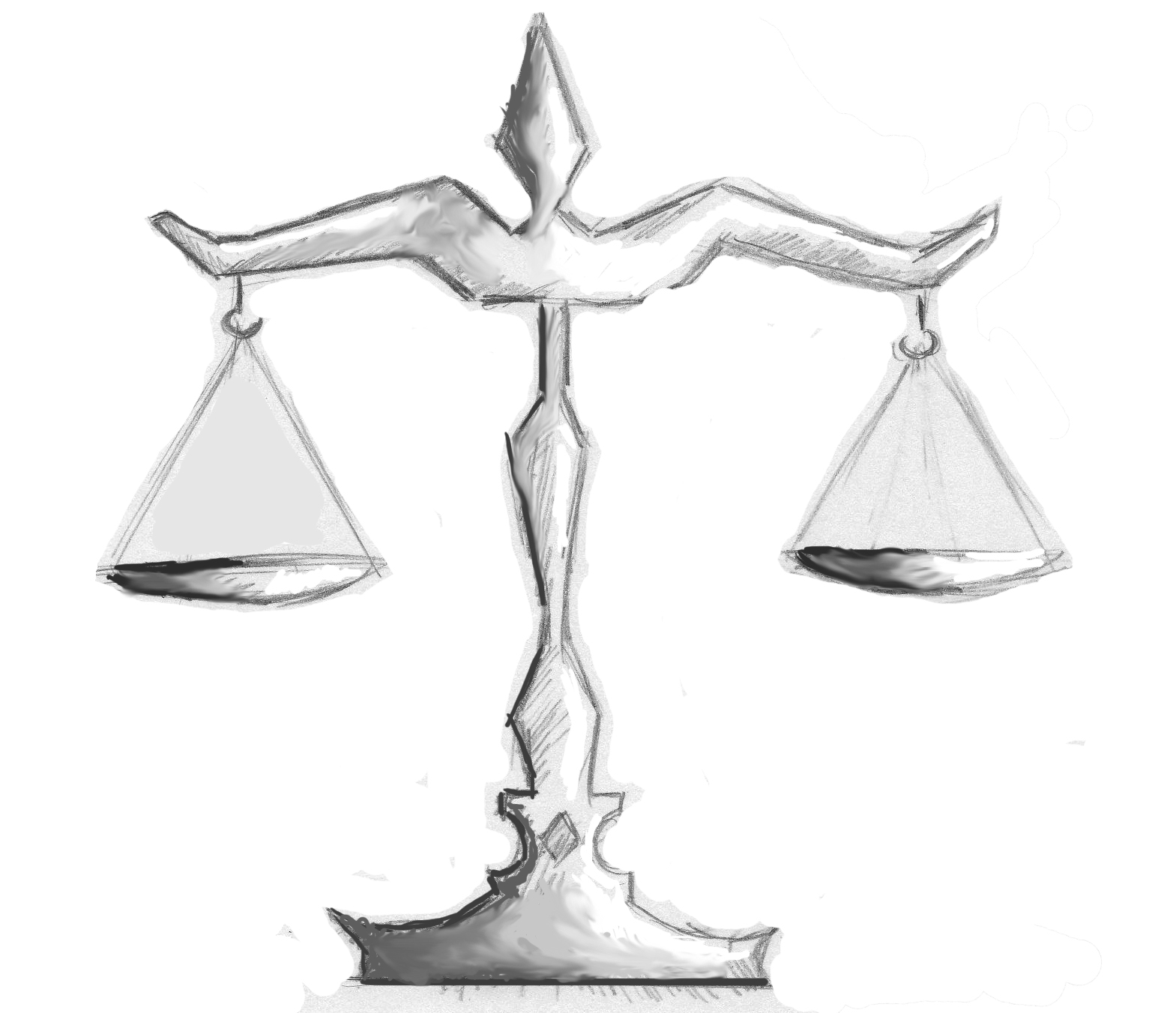

A joint meeting between the Medical Ethics Alliance and the Catholic Medical Association was held in Birmingham on 20th October 2018 at Newman House. It was well attended by members of both associations and other interested parties.
Under the chairmanship of the M E A attendees contributed under Chatham House rules on the topic “Futile treatment? Futile Lives?”
It began with a brief presentation of some patients who may have thought to have futile lives. These included a child with persistent vegetative state who was part of a ward community where he was greatly loved by the staff and “when all he had to offer was his humanity, it was very appealing”. Another child who was almost an organ donor, made an unexpected and complete recovery from post cardiac arrest cerebral oedema.
A nurse also mentioned a case they had cared for who was thought to be dying and denied fluids, but who made a rapid recovery. Nurses, in general, were troubled that patients for whom they regarded themselves as advocates, were being denied the essentials of life such as food and water.
A participant described her own experience of being in a virtual locked in state, unable to communicate other than by winking. She too made a considerable recovery and is now campaigning for life, especially in the latest climate of withholding or withdrawing food and fluids. She also had experience of poor nursing which led to a wide discussion of nurse training and selection. It was accepted that there will always be nurses with character faults and there was a further discussion of society`s attitude towards the disabled and the way that that could influence the attitude of healthcare staff towards the profoundly disabled patients who`s life might be characterised as “futile”.
There followed a detailed discussion of recent high profile cases of children with incurable diseases and recent judgements including the Supreme Court judgement in the case of “Y” which removed the necessity of the Court of Protection involvement in decisions concerning the withdrawing of food and fluids if provided by tube.This was, in any event contrary, to Catholic teaching. The Royal College of Physicians working party on the palliation of thirst was considered to be a regime that was incompatible with survival and therefore, euthanasia in all but name.
There was a discussion on the working of the Mental Capacity Act ( 2005 ) which made “best interests” the criterion for clinical decision making. It was pointed out that this construct was eminently corruptible and in any event based on uncertainties in diagnosis and prognosis. Yet it would become determinative in matters of life and death. The Mental Capacity Act did not define “best interests” but only how to approach making a “best interests” decision. It was an attempt to inform how clinical decisions should be made in those who lack capacity. In effect it could make clinical decisions more difficult and in an extreme case, the administration of artificially give food and fluids, illegal.
The meeting closed with a comparison between Scottish law and the Mental Capacity Act. The former making the ultimate criterion not “best interests” but treatment justified if it was deemed “beneficial”.
It was hoped that a more informed public awareness, publicity and case histories, especially from the viewpoint of relatives, could lead to improvements in medical [practice and ultimately the law.
We will be publishing a paper on the challenges of the Mental Capacity Act soon, entitled “Would you deny a dying man water?”